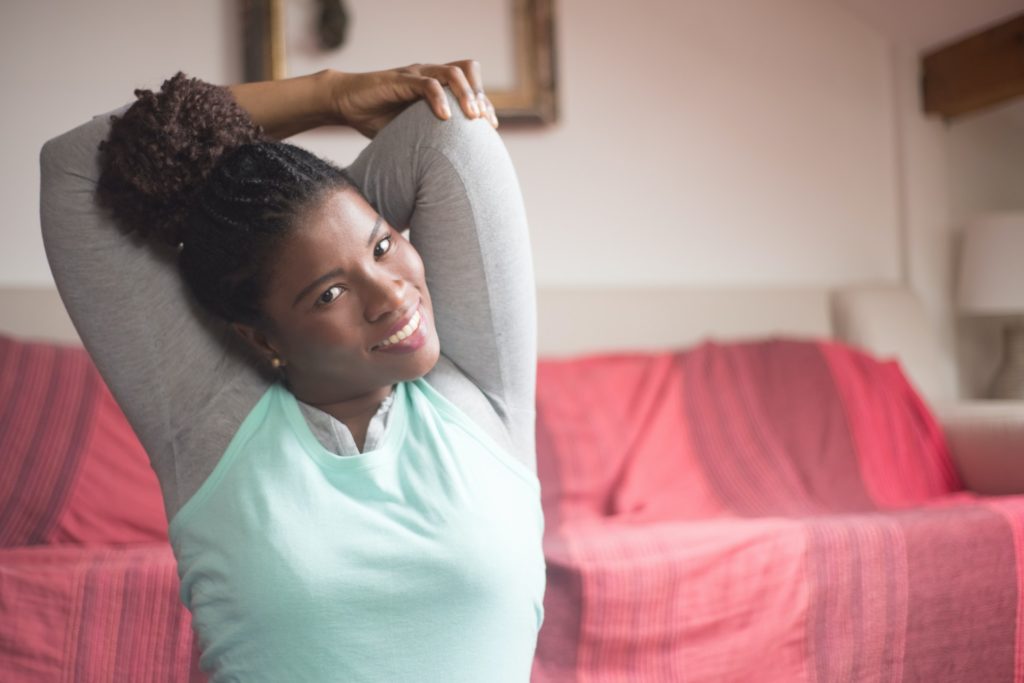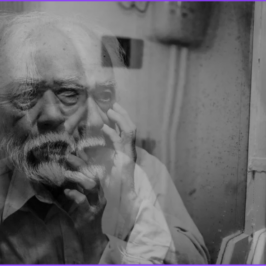
By: Colette Shade, LMSW
These days, body positivity is ubiquitous. Bodies that are fat and thin, young and old, multiracial, trans and gender nonconforming can be seen everywhere from popular social media accounts to magazine covers to advertisements for Dove body wash and Hanes underwear. The “Dove Real Beauty Pledge” tells customers that “beauty is for everyone” and encourages them to show off their bodies.
For many people, this cultural shift is a welcome one after decades of rigid beauty ideals that left out just about everyone. But for others, body positivity may not feel right, or may not feel like a realistic goal. Last year, Lizzo spoke about her relationship with the body positivity movement as it currently stands. In a Tik Tok video, she voiced her frustrations, saying, “Now that body positivity has been co-opted by all bodies, and people are finally celebrating medium and small girls and people who occasionally get rolls, fat people are still getting the short end of this movement.”
@caracifelli Reply to @elenesedai why diets make you gain weight. You’re not a failure! #dietculture #weightlossproblems #weightlossjouney #antidiet #fatpositive ♬ original sound – Cara Carin Cifelli – Coach
A quick look at social media backs her up. Searching #bodypositivity on Instagram, I scrolled through endless shots of selfies at the gym, toned hourglass figures, bodies contorted to capture as many perfect angles as possible, and more than a few six-packs. I’m not surprised that they feel #bodypositive; these are the bodies we’ve been taught to want for ourselves.
Here is where body neutrality comes in.
Body neutrality focuses on taking a neutral, rather than positive, view of one’s body. And rather than how it looks, which can often center around the expectations and fulfillment of others, it instead focuses on what your body can do. Body neutrality repositions our understanding of our bodies, where our legs aren’t there to have a gap between them or somehow always be hairless, but just to help us get from place to place.
It can feel dishonest to insist that you love your body when you don’t. After all, media messages and social norms impact how we see ourselves, even if we think they don’t. Maybe you look at your thighs in the mirror and feel bad that you see cellulite, and then feel bad that you don’t feel positively about your thighs. Body neutrality takes some of the pressure off.
A 2018 study from the University of Toronto backs this up; it found that refusing to acknowledge challenging emotions (popularly known as “toxic positivity”) can leave people feeling worse, rather than better. Brett Ford, the study’s lead author, described his findings by saying, “People who tend to not judge their feelings, not think about their emotions as good or bad, not try to avoid or put distance between themselves and their emotions, these people tend to have better mental health across the board.”
In an article with the National Eating Disorders Association, Eating Disorder Specialist Anne Poirier lays out some steps we all can take toward a more neutral relationship with our bodies:
@burritos_and_adhd Reply to @burritos_and_adhd the goal is to move towards neutrality!
- Call a truce on the war with your body. You can’t hate yourself happy, successful, thin or anything else. Step away from living in the body hatred camp.
- Start a daily body appreciation practice. Write down 5 things every day that your body can do.
- Counteract your negative self-talk (your inner bully) with some body neutral phrases:
- Thank your body, for taking care of me today.
- My thighs are strong and help me walk.
- Thank you belly for holding my organs (or for making wonderful little humans).
- My arms allow me to hug the ones I love.
- My weight does not define my worth.
- Focus on your strengths. What are your unique talents, and what are you good at? What do others like about you?
- Clean up your social media feeds. If there are people or sites that make you feel bad about yourself, or that you compare yourself with, delete them. Follow feel-good feeds.
Maybe you want to think about something other than your face or stomach or hair or arms occasionally. Maybe you just want to live your life. Instead of focusing on the cellulite on your legs, focus on the fact that your legs can hep you walk around town or run a 5K race. After all, we’re more than our bodies. We are our talents, our interests, our minds, our relationships, our jobs, and our families. Body neutrality takes the focus outward, beyond the self.
DISCLAIMER
The information, including but not limited to, text, graphics, images and other material contained on this website are for informational purposes only. No material on this site is intended to be a substitute for professional medical advice, diagnosis, or treatment. Always seek the advice of your physician or other qualified healthcare provider with any questions you may have regarding a medical condition or treatment and before undertaking a new health care regimen, and never disregard professional medical advice or delay in seeking it because of something you have read on this website.






